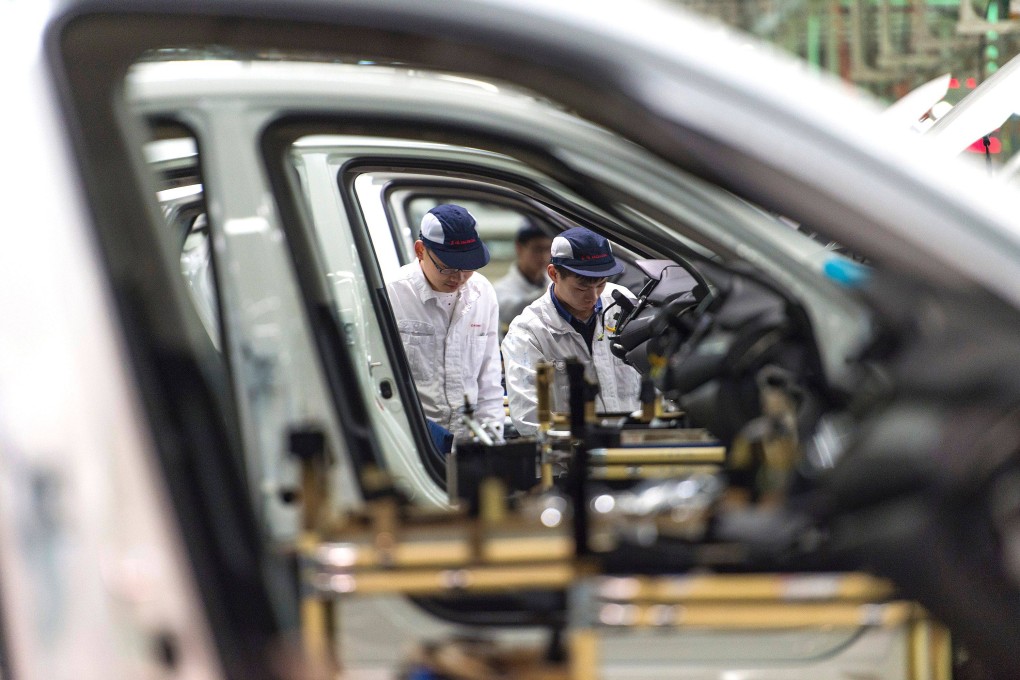Japan manufacturers exit China, Southeast Asia to bring production back home
- A rapidly weakening yen, supply-chain constraints, geopolitical risks and changing wage patterns are prompting the switch, a Japanese steel executive said
- Even before the yen’s tumble this year, Japan’s government had been supporting relocation of domestic companies’ production bases back to the country

Japanese manufacturers are increasingly looking to move offshore operations to their home market, according to a Tokyo Steel Manufacturing Co. executive.
The rapidly weakening yen, global supply-chain constraints, geopolitical risks and changing wage patterns are prompting the switch, Kiyoshi Imamura, a managing director of the steelmaker, said in an interview in Tokyo last week.

According to Imamura, more Japanese companies are shifting operations out of China, Southeast Asia and Russia. The move to build new plants in their home country is fuelling demand for steel used in construction, with the company receiving nearly 30 orders related to such switches, he said.
“The yen has fallen so much that Japan’s trade balance will not be back in the black – under such circumstances, companies judge it’s better to do manufacturing in Japan,” Imamura said. His company has seen orders for steel used in construction rise 10 per cent so far this year, compared with a year earlier, he said.
The yen has declined about 11 per cent against the US dollar since the start of the year, exacerbating rising prices for Japan’s imported commodities.